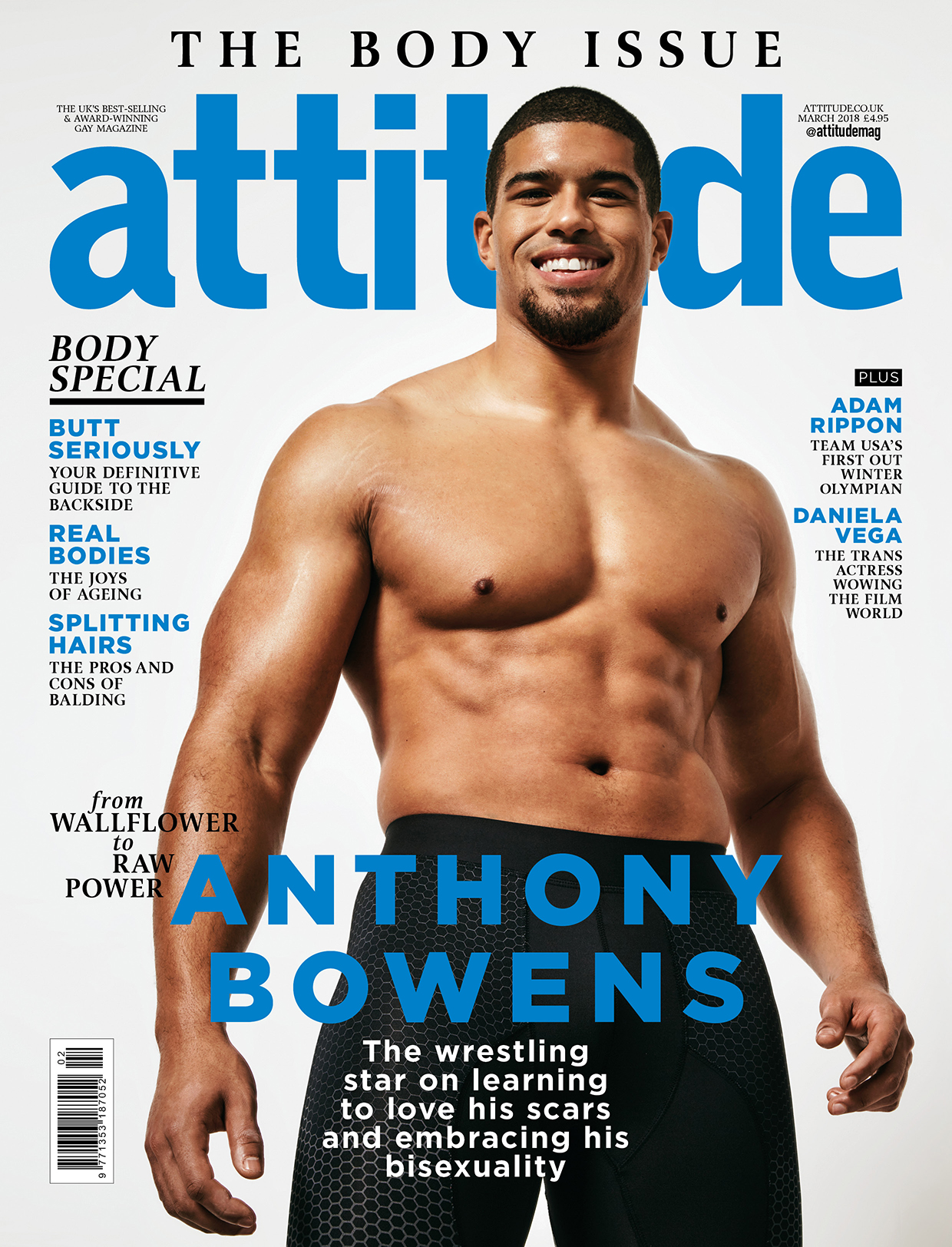‘Learning not to compare myself to others on social media was my key to finding body confidence’
We're all on our own personal journey when it comes to feeling good about our bodies, writes Hadley Stewart.
By Will Stroude

The expectations around how others expect our bodies to look are always changing, meaning that our relationships with our bodies are constantly evolving. It would be short-sighted to think that body image, a phrase that’s continuously ping-ponged across the LGBT community, only impacts a certain proportion of us.
We all, in some form or another, have a view on our own ‘body image’. We may think we’re too thin, too hairy, too overweight, or too short. Pressures to look a certain way come at us on a daily basis, yet nobody seems to hold the answers about how to deal with them.
“You look great! Have you lost weight?” seems to have been the discourse around women’s body image for decades. More recently, we’ve seen an increase in pressure put upon men. Although the conversation seems to have only recently shifted towards men, the effects of feeling forced into conforming to a certain body type are just as damaging. We know that mental health amongst gay and bisexual men is a cause for concern, with issues around self-esteem and anxiety being attributed to the way we view our bodies.

Looking back, my relationship with my body has changed. Like anybody who has a social media account, I’ve seen various representations of body types on my timeline. Over the years I’ve found myself comparing my body with those that I see online. It had a negative impact upon how I viewed my body and left me thinking that gay and bi men would only find a certain body type attractive – one that was far from my own.
Social media is a window through which we see the value that is placed upon certain body types. Men who post pictures of them working out at the gym or shirtless selfies attract a higher number of followers and likes on their posts. So it’s easy to see why those of us who don’t see ourselves reflected in these images, may feel negatively about the way our bodies are viewed by others.
Today I seem to have adopted an attitude that allows me to view these images through another lens. I no longer compare myself to the images I see online, by consciously differentiating online images to my own body. I’ve decided that I don’t feel the need to conform to a mould that doesn’t belong to me.

It no longer bothers me that I’m thinner than the ever-changing ‘ideal’ body weight that nobody seems to know, yet we’re all striving towards it. The fact I wear glasses and chose not to wear contact lenses, or that I don’t do anything particularly exciting with my haircut, doesn’t bother me either. I’ve created in my mind the body I want to look like and it doesn’t resemble anything I’ve seen online. Any why should it?
I don’t hold anything against those who decide to post images of themselves at the gym, nor do I believe they are somehow responsible for the countless gay and bisexual men who struggle with insecurities around how they look. In a way, they too are victims of a wider culture of being obsessed with our appearance; the dominating role that social media now plays in our daily lives has only perpetuated this.
Perhaps it’s now our turn to start a movement that celebrates diversity in body types, allowing more positive relationships between ourselves and our bodies to form.
Attitude’s Body Issue is out now. Buy in print, subscribe or download. Follow Hadley Stewart on Twitter @wordsbyhadley.

